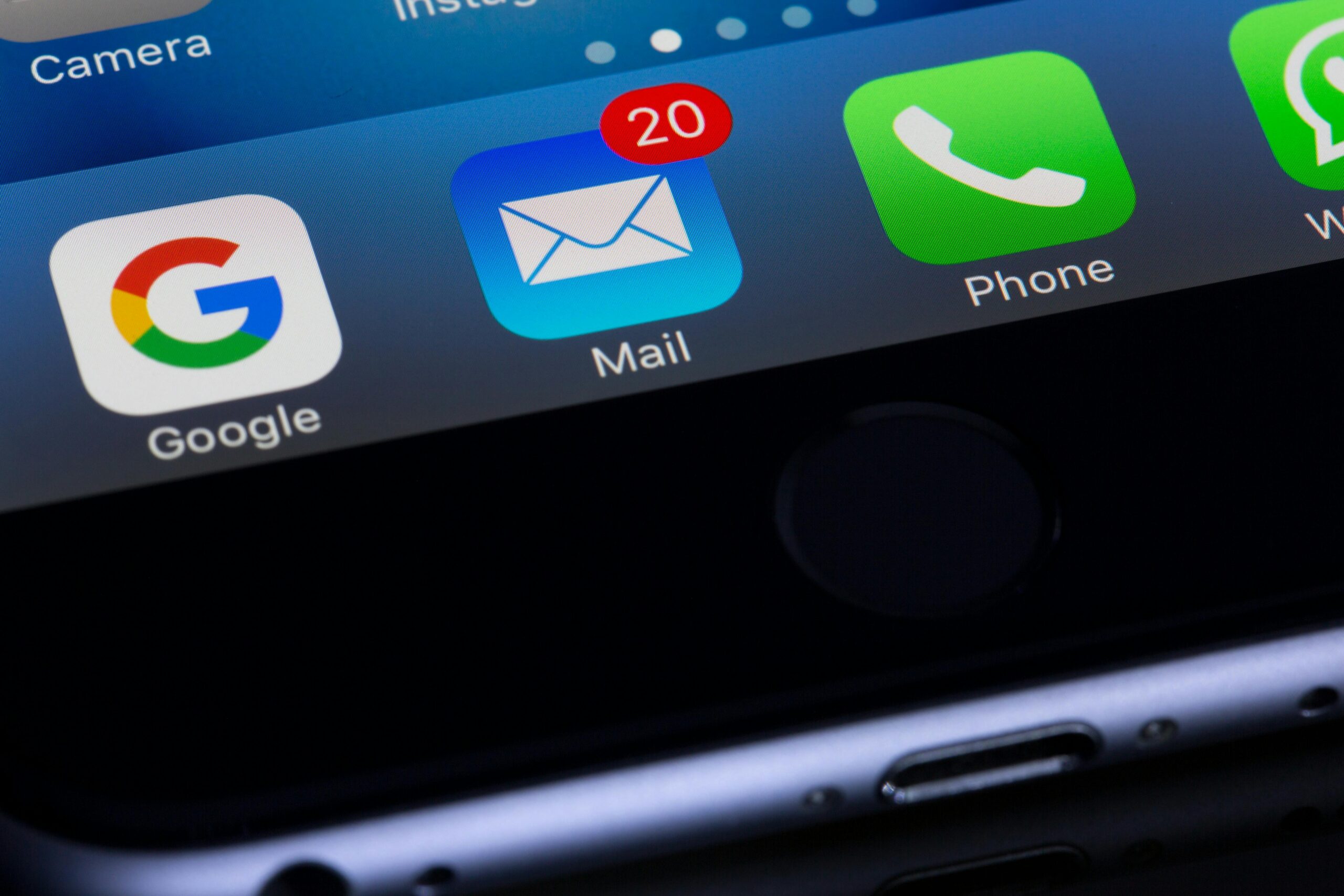
Menu


One of the things people need to understand is unless you're using a private service like hushmail and sending encrypted emails your email is NOT private. The sad part is it can be picked up between You and your recipient and read.
Fraud and phishing exist because they are profitable. Too many people don't check out messages that might be suspicious and they click on links they shouldn't. Email is like candy, taking candy from a stranger that might want to harm you is a BAD idea. If you're getting an email that looks like it's from one of your friends and you're not expecting a link from them look at #2 and if it is actually from them you should let them know their account might be compromised.
As I used to tell my college students, 'Email is like a post card. Don't put anything in it you would be embarrassed to see on a billboard'. Unfortunately, as people have become more familiar and dependent on email they are ignoring some basic properties of email, such as:
Passwords, Passwords, Passwords
Are dead!! Use a Passphrase. Instead of 'Charlie2017' - your dog's birth year, use a phrase and substitute some of the characters for special characters on the keyboard try "Ch@rliewa$b0rn2017" easy to remember and very hard to crack. The estimate for that password being attacked by a medium sized bot net was 1 quadrillion years. (A little overly optimistic imho)
Another site, http://password-checker.online-domain-tools.com/ gives some really good estimates on security of your password.
All of this is meaningless if your computer has a virus or malware. Many viruses and malware programs watch the keyboard for passwords or look at saved passwords in browsers. Don't save your password if it's not your computer! Download some good antivirus programs and regularly scan your machine for malware.